Anne Braden: Southern Patriot (2002)
Braden’s story explores not only the dangers of racism and political repression but also the power of a woman’s life spent in commitment to social justice.
Género : Documental, Historia
Tiempo de ejecución : 1H 17M
Director : Mimi Pickering, Anne Lewis
Sinopsis
Anne Braden: Southern Patriot is a first person documentary about the extraordinary life of this American civil rights leader. Braden was hailed by Dr. Martin Luther King Jr. in his 1963 Letter from Birmingham Jail as a white southerner whose rejection of her segregationist upbringing was eloquent and prophetic. Ostracized as a red in the 1950s, she fought for an inclusive movement community and mentored three generations of social justice advocates. Braden’s story explores not only the dangers of racism and political repression but also the power of a woman’s life spent in commitment to social justice.
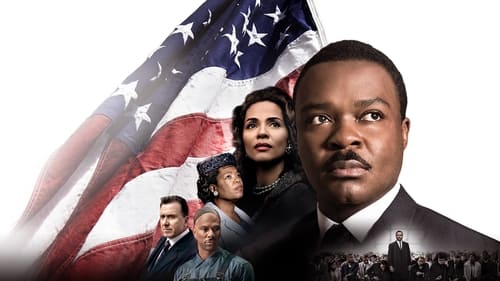
Esta crónica sobre la lucha del político y activista Martin Luther King Jr. en defensa de los derechos civiles se centra en la marcha desde Selma a Montgomery, en 1965, que llevó al presidente Lyndon B. Johnson a aprobar la ley sobre el derecho al voto de los ciudadanos negros.

Malcolm Little (1925–1965) nació en Omaha (Nebraska). Su padre, ministro baptista, murió siendo él niño, y su madre acabó en un psiquiátrico cuando el Ku Klux Klan incendió su casa. Después de ser rechazado por el ejército, cayó en la delincuencia y fue a parar a la cárcel. Allí se convirtió al Islam y cambió radicalmente su vida, convirtiéndose pronto en un carismático líder del movimiento de liberación de la comunidad negra norteamericana.
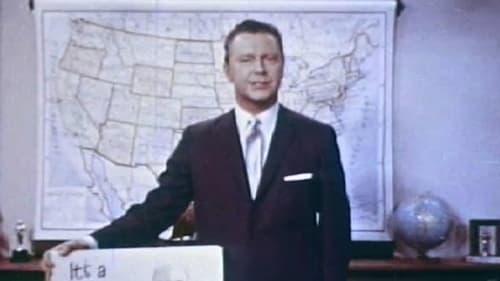
A documentary on the expletive's origin, why it offends some people so deeply, and what can be gained from its use.
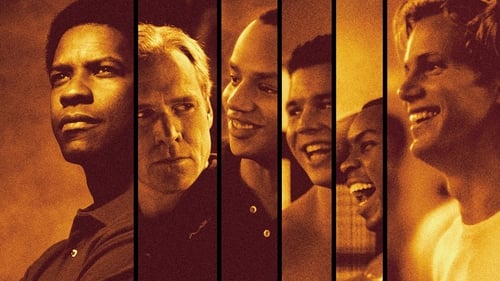
Corre el año 1971, cuando en la ciudad de Alexandria, Virginia, se tomó la polémica decisión de integrar en el Secundario T.C. Williams a los estudiantes de raza negra con los de raza blanca. Los jugadores blancos veían con temor el ingreso de jugadores negros al equipo, llamado "Los Titanes", pues ponía en peligro sus puestos. Su miedo aumentó cuando el hasta entonces entrenador Bill Yoast es reemplazado en su cargo por Herman Boone, de raza afroamericana.
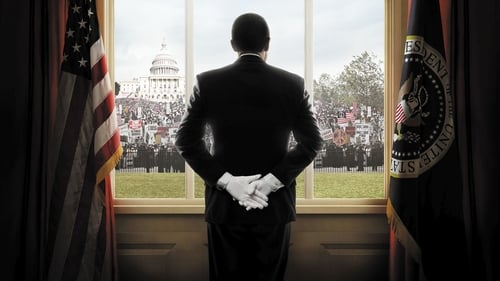
Cuenta la verdadera historia de Eugene Allen, un empleado de color de la Casa Blanca que sirvió a ocho familias de presidentes del gobierno estadounidense, a lo largo de tres décadas.

A man that is a stranger, is an incredibly easy man to hate. However, walking in a stranger’s shoes, even for a short while, can transform a perceived adversary into an ally. Power is found in coming to know our neighbor’s hearts. For in the darkness of ignorance, enemies are made and wars are waged, but in the light of understanding, family extends beyond blood lines and legacies of hatred crumble.
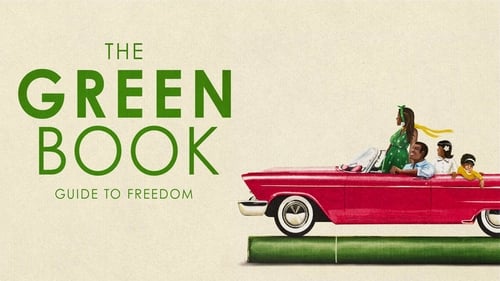
In 1936, Victor H. Green (1892-1960) published The Negro Motorist Green Book, a book that was both a travel guide and a survival manual, to help African-Americans navigate safe those regions of the United States where segregation and Jim Crow laws were disgracefully applied.

Biopic del 36º sobre el presidente norteamericano Lyndon B. Johnson: su época como senador, su candidatura a la Vicepresidencia y su papel como Presidente de los Estados Unidos tras el asesinato de John Fitzgerald Kennedy en Dallas, en noviembre de 1963.

Miss Daisy (Jessica Tandy), una antipática profesora jubilada de 72 años, decide comprarse un coche. Su hijo (Dan Aykroyd), temiendo un posible caos circulatorio o, peor aún, un accidente, contrata a un chófer negro (Morgan Freeman) para que conduzca el vehículo. Al principio, la anciana y el tranquilo conductor no se llevan demasiado bien.
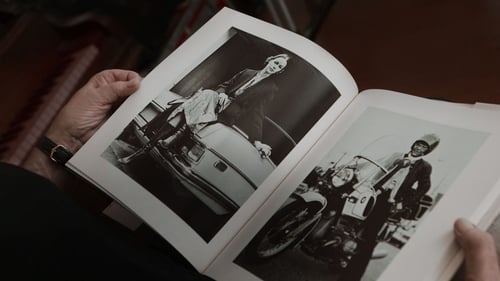
Este documental dirigido por Johanna Demetrakas (Crazy Wisdom: The Life & Times of Chogyam Trungpa Rinpoche, Some Nudity Required) revisita esas fotos, a esas mujeres y esos momentos, y además apunta a nuestra cultura actual que muestra alarmantemente la necesidad de un cambio continuo.

Raising Bertie is a longitudinal documentary feature following three young African American boys over the course of six years as they grow into adulthood in Bertie County, a rural African American-led community in Eastern North Carolina. Through the intimate portrayal of these boys, this powerful vérité film offers a rare in-depth look at the issues facing America's rural youth and the complex relationships between generational poverty, educational equity, and race. The evocative result is an experience that encourages us to recognize the value and complexity in lives all too often ignored.
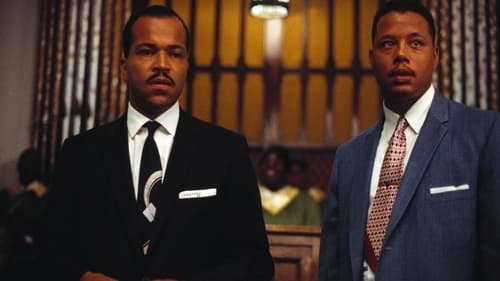
Esta película para televisión dramatiza el histórico boicot a los autobuses públicos en la década de 1950, liderado por el líder de los derechos civiles Dr. Martin Luther King, Jr.
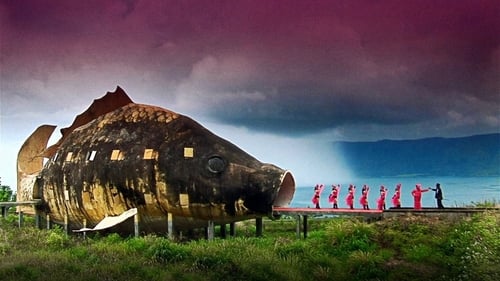
En 1965 hubo un golpe de estado en Indonesia. Miles de comunistas, reales o presuntos, fueron asesinados por escuadrones de la muerte. Unas décadas después, el pasado pervive y un relato se perpetúa. Pero nada será igual después de este filme.
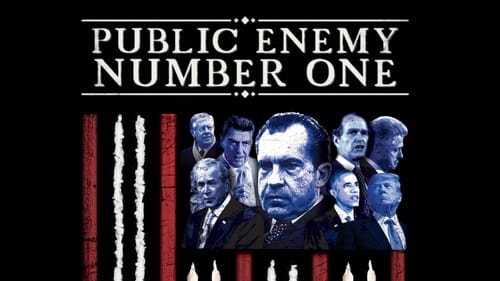
PUBLIC ENEMY NUMBER ONE looks at the war on drugs from 1968 until today and looks at trigger points in history that took cannabis from being a somewhat benign criminal activity into a self-perpetuating constantly expanding policy disaster.
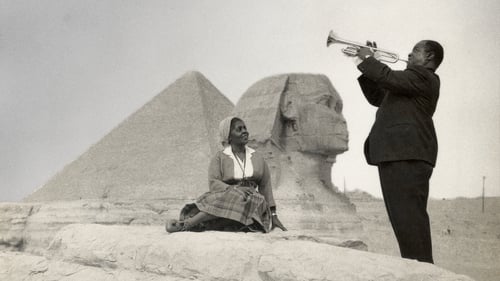
The Cold War and Civil Rights collide in this remarkable story of music, diplomacy and race. Beginning in 1955, when America asked its greatest jazz artists to travel the world as cultural ambassadors, Louis Armstrong, Dizzy Gillespie, Duke Ellington and their mixed-race band members, faced a painful dilemma: how could they represent a country that still practiced Jim Crow segregation?
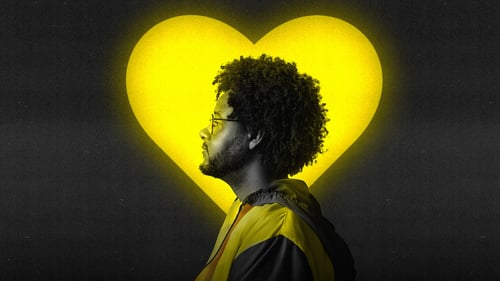
Con escenas de su concierto en el Theatro Municipal de São Paulo, el rapero y activista Emicida celebra el gran legado de la cultura afro en Brasil.
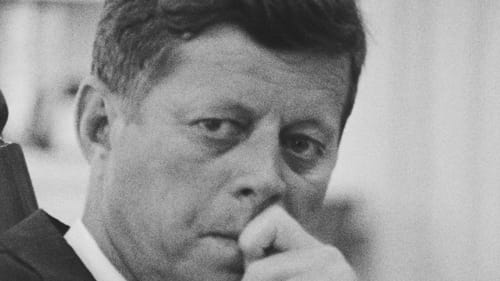
During a two-day period before and after the University of Alabama integration crisis, the film uses five camera crews to follow President John F. Kennedy, attorney general Robert F. Kennedy, Alabama governor George Wallace, deputy attorney general Nicholas Katzenbach and the students Vivian Malone and James Hood. As Wallace has promised to personally block the two black students from enrolling in the university, the JFK administration discusses the best way to react to it, without rousing the crowd or making Wallace a martyr for the segregationist cause.
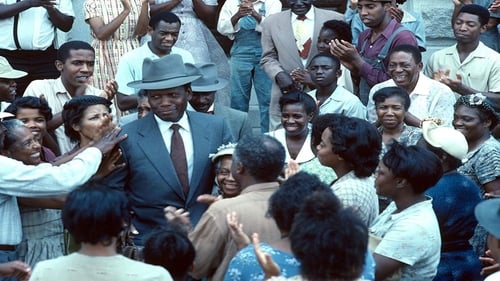
Carolina del Sur, año 1949. Aunque las leyes condenan la discriminación social de los negros desde el fin de la Guerra de Secesión (1861-1865), la segregación, de hecho, sigue existiendo.

More than two decades after the shooting at Columbine, an entire generation has grown up under the threat of gun violence. This film examines the epidemic of school shootings and their lasting impact through the eyes of survivors.

Documentary film focuses on the Civil Rights leader's many groundbreaking accomplishments. Footage covers Dr. King's war on poverty and his staunch opposition to the Vietnam War. Also included is his stirring "I Have a Dream" speech.


















